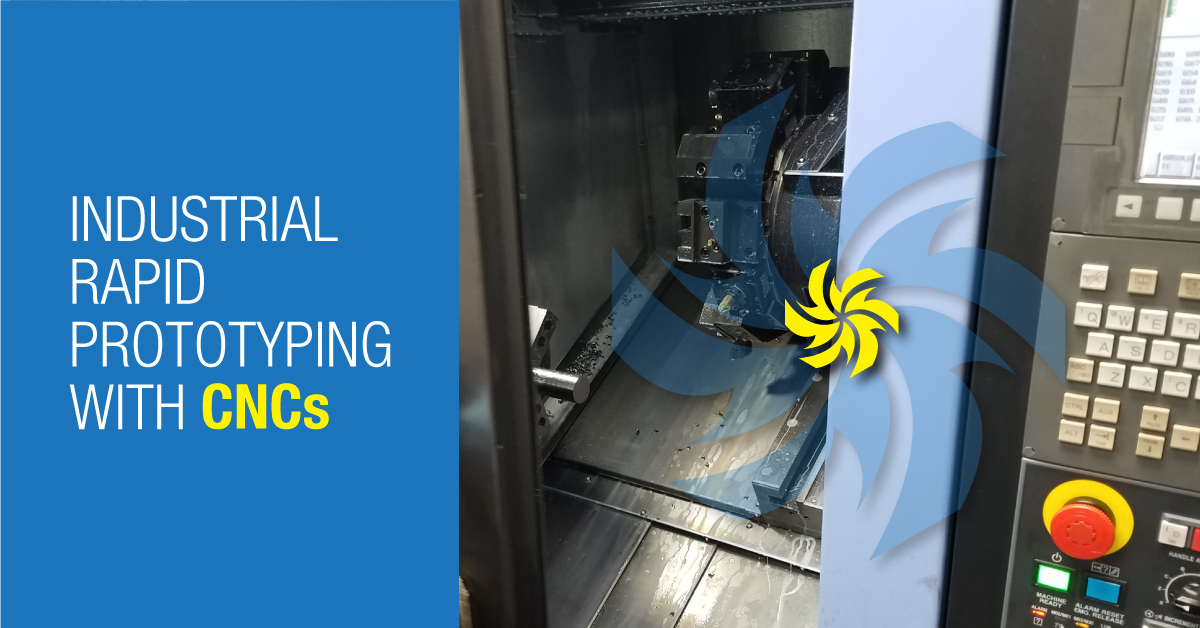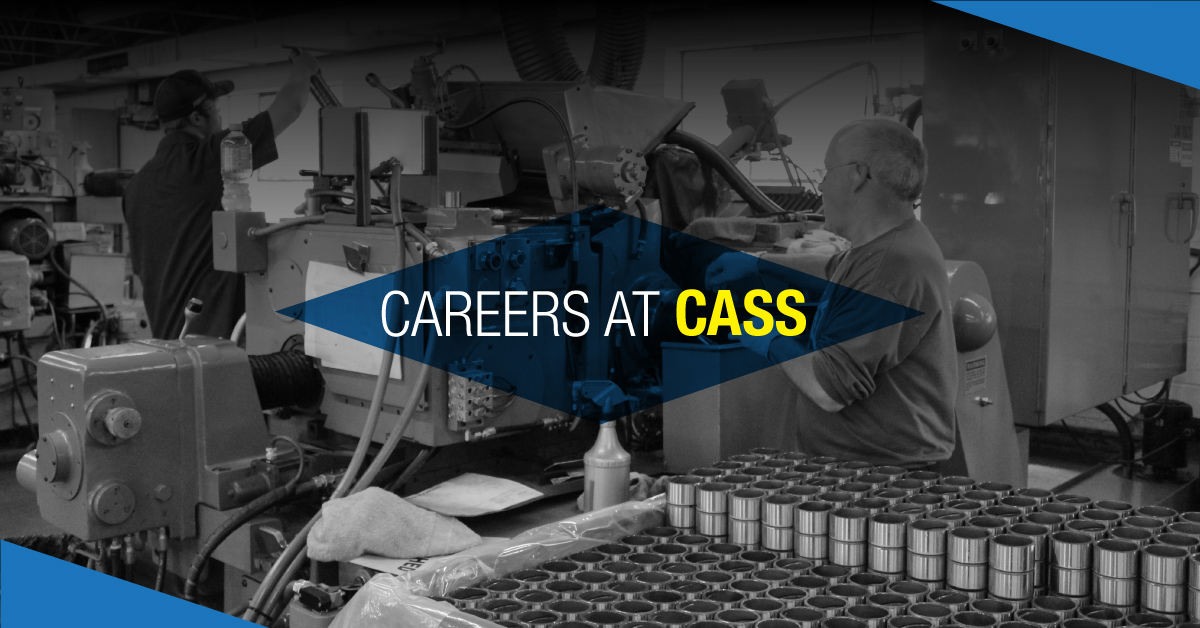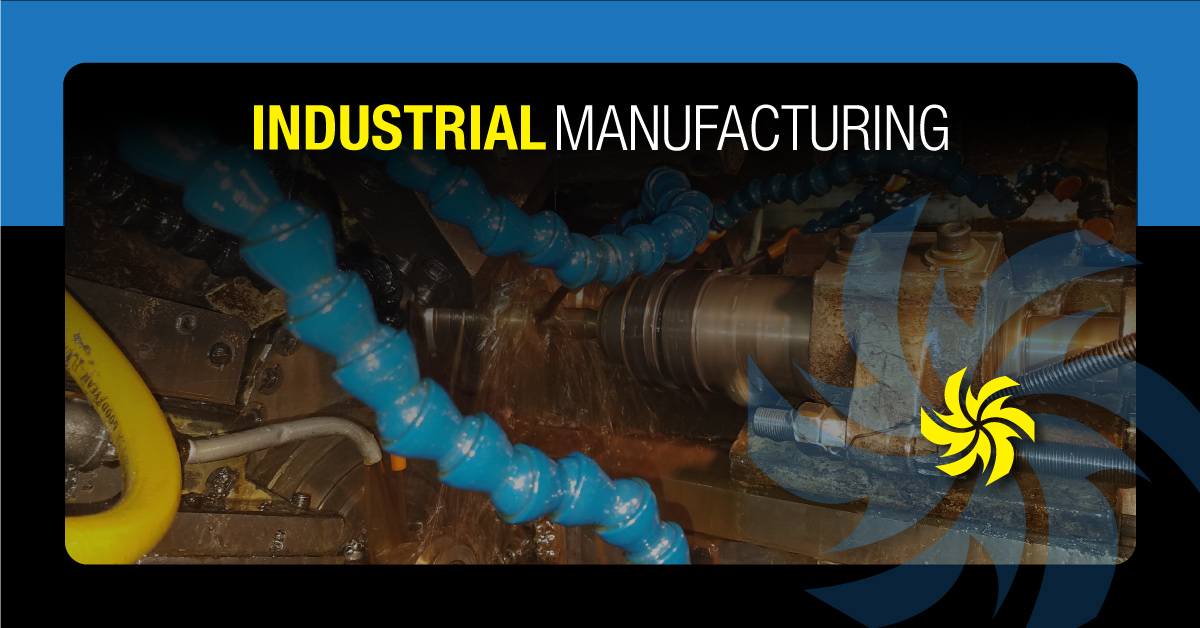Companies need to develop and introduce new products faster to remain competitive in this fast-moving modern-day consumer market. Since faster product development and technology innovation are key to a company’s success, rapid prototyping becomes the most important element of new product development.
Industrial rapid prototyping bridges the gap between concept design and manufacturing for production. The prototyping process is also an opportunity for company engineers to build physical parts that can be used to test functionality in equipment, failure rates and manage production costs prior to full-scale manufacturing. By detecting problems in the preliminary stage, companies save time and money and create confidence that they are not releasing substandard products to customers.
The Benefits of Using CNC Machining for Industrial Prototypes
The first thing most people think of when they hear the term “CNC machining” is large-scale manufacturing. It might surprise some people to learn how effective CNC machining is in creating prototypes. When developing prototypes in the manufacturing world, many different processes are available, but CNC machining can be one of the best.
CNC machines are ideal for prototyping because the design of the CNC machine itself includes three key elements for prototyping:
1. Speed
The maximum feed and rapid rates can exceed 2,300 inches per minute (ipm), faster than three feet per second.
2. Accuracy
CNCs can hold very tight tolerances (.0001 +/-tolerance)
3. Flexibility
Almost any material can be used in a CNC machine depending on the application (aluminum, brass, copper, steel, titanium, and plastics)
CNCs also have another big benefit in prototyping which is repeatability. CNCs can repeat all process steps over and over, from part to part, and can be programmed to make slight variations in prototype parts for testing and evaluation.
How Cass Precision Machining is Leveraging CNCs for Rapid Prototyping
Cass started its C-RPM business unit in late 2020 to help customers achieve the following objectives:
- Faster new product development—prototyping is crucial in the process of creating successful products because it speeds up the product development process
- Early-stage design and concept validation of form, fit, and function of the design
- Final stage product verification against the technical requirement and business objective
- Allows for functionality testing to test the goals of the concept and to finalize specifications
- Prototypes give the client, customer, end-user hands-on user experience to get and give feedback
Cass’s expertise in turn parts and CNC machining created the right combination to position Cass for success in prototyping. In fact, the CNC mill is one of the most common tools to see in a prototyping lab, and Cass added both a mill and a lathe to its prototyping cell. These CNC mills are reliable and flexible machines allowing for complex features, like threaded holes, deep pockets, and 3D surfaces.
Today, Cass partners with its customers to help shape the initial prototypes into design-for-manufacturing parts so the finished parts can easily transition from concept to full production. Cass welcomes current and potential customers to see the process and the capabilities of the CNCs in industrial rapid prototyping.





